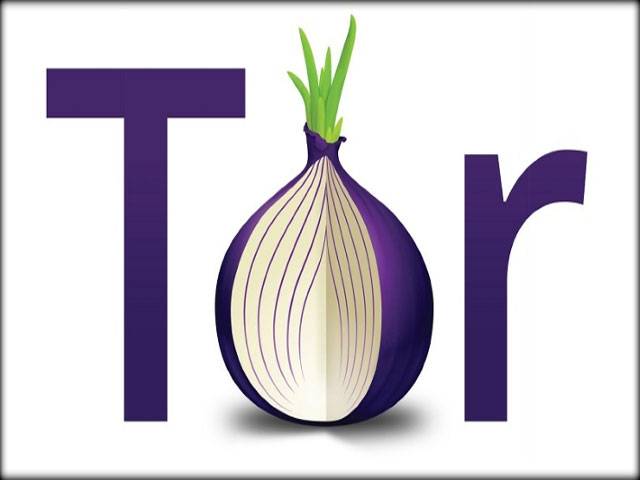Moscow : Russia has offered 3.9m roubles ($110,000; £65,000) in a contest seeking a way to crack the identities of users of the Tor network.
Tor hides internet users’ locations and identities by sending data on random paths through machines on its network, adding encryption at each stage. The Russian interior ministry made the offer, saying the aim was ‘to ensure the country’s defence and security’.
The contest is only open to Russians and proposals are due by 13 August. Applicants must pay 195,000 roubles to enter the competition, which was posted online on 11 July and later reported by the tech news site Ars Technica. Earlier this month, Russia’s lower house of parliament passed a law requiring internet companies to store Russian citizens’ personal data inside the country.
Russia has the fifth-largest number of Tor users with more than 210,000 people making use of it, according to the Guardian. Tor was thrust into the spotlight in the wake of controversy resulting from leaks about the National Security Agency and other cyberspy agencies. Edward Snowden, the whistleblower who revealed the internal memos and who now has asylum in Russia, uses a version of Tor software to communicate.
Documents released by Mr Snowden allege that the NSA and the UK’s GCHQ had repeatedly tried to crack anonymity on the Tor network. Tor was originally set up by the US Naval Research Laboratory and is used be people who want to send information over the internet without being tracked. It is used by journalists and law enforcement officers, but has also been linked to illegal activity including drug deals and the sale of child abuse images.
In its 2013 financial statements, the Tor Project - a group of developers that maintain tools used to access Tor - confirmed that the US Department of Defense remained one its biggest backers. The DoD sent $830,000 (£489,000) to the group through SRI International, which describes itself as an independent non-profit research centre, last year. Other parts of the US government contributed a further $1m. Those amounts are roughly the same as in 2012.
Thursday, April 18, 2024
Russia offers $110,000 to crack Tor network

Caption: Russia offers $110,000 to crack Tor network
Bahawalpur Police lodge FIR over Millat Express incident
April 18, 2024
Biden calls for higher tariffs on Chinese steel, aluminum imports
9:35 AM | April 18, 2024
Two held, 54-kg drugs recovered
April 18, 2024
Rail Revival
April 17, 2024
Addressing Climate Change
April 17, 2024
Saudi Investment
April 17, 2024
Political Reconciliation
April 16, 2024
Pricing Pressures
April 16, 2024
Justice denied
April 18, 2024
AI dilemmas unveiled
April 18, 2024
Tax tangle
April 18, 2024
Workforce inequality
April 17, 2024
New partnerships
April 17, 2024
ePaper - Nawaiwaqt
Advertisement
Nawaiwaqt Group | Copyright © 2024





